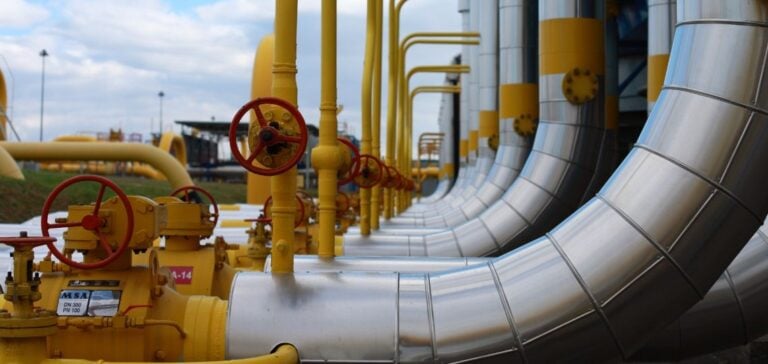The Druzhba pipeline, critical for the energy supply of several European nations, has resumed crude oil flows to Belarus. The Belarusian operator, Gomeltransneft Druzhba, confirmed a return to normal operations after a temporary suspension on December 19 due to a technical incident at a Russian pumping station in Unecha.
Impact of disruptions on deliveries
The suspension delayed shipments to the Polish border station Adamowo Zastawa, scheduled for December 20. The Polish operator PERN reported that the incident disrupted planned December shipments. However, Hungarian and Slovak refineries operated by the MOL group maintained full production capacity, minimizing operational impacts.
Reducing dependence on Russian oil
Amid the ongoing Russia-Ukraine conflict, Poland and Germany have ceased importing Russian oil via the Druzhba network, accelerating their efforts to diversify energy supplies. The Czech Republic also plans to end Russian flows by 2025 through the TAL pipeline extension project, a key element of its long-term energy strategy.
Alternative flows and persistent dependencies
Although many countries have reduced their reliance, Germany continues to receive limited volumes of Kazakh oil through the Druzhba pipeline. The Schwedt refinery, near Berlin, sources 20% of its requirements from this oil, supplemented by supplies through the ports of Rostock and Gdansk. This approach highlights the ongoing challenges in completely abandoning Russian oil in the region.






















